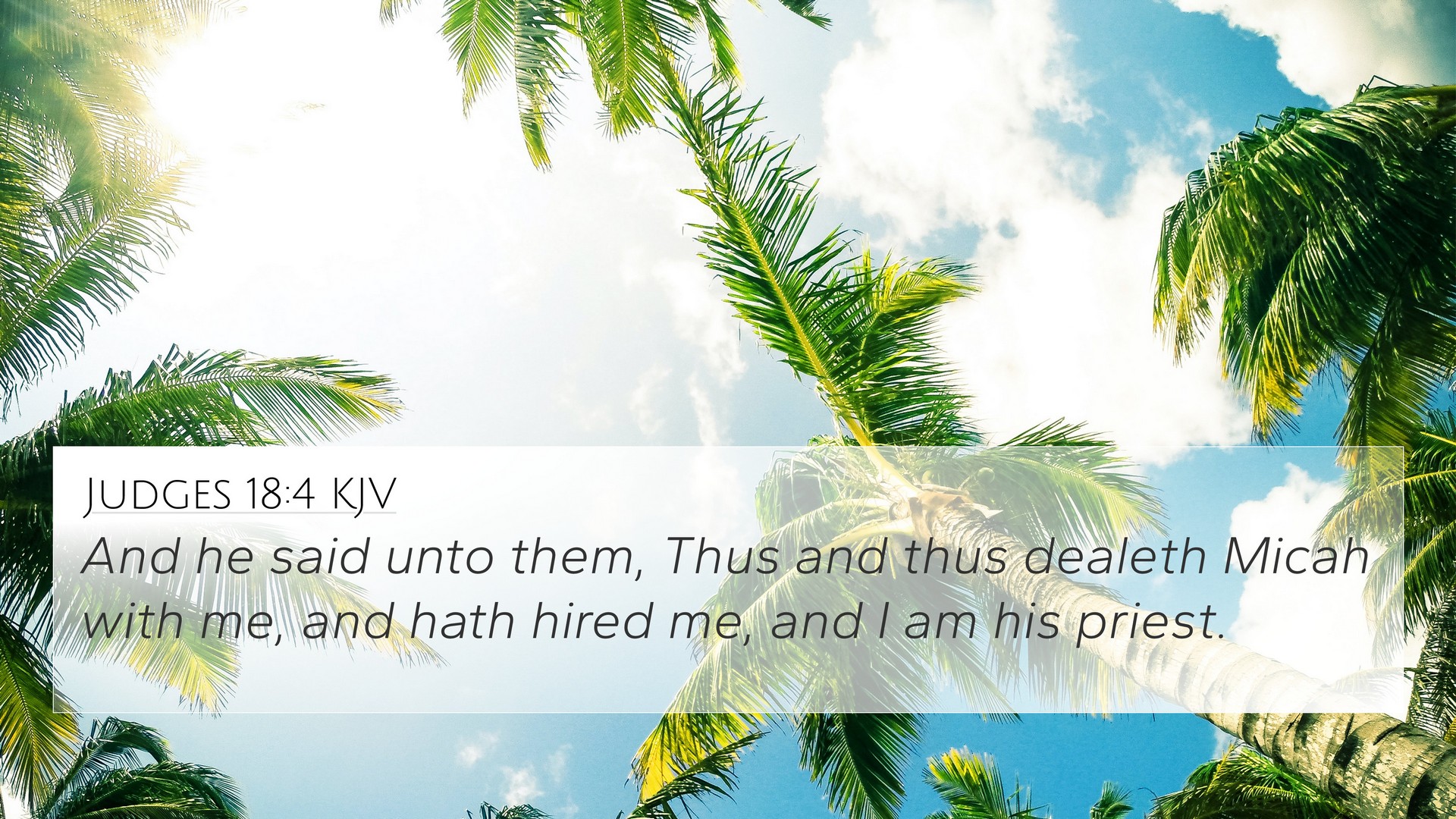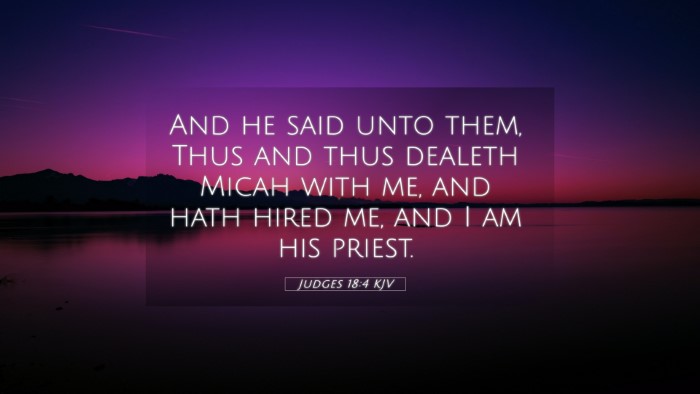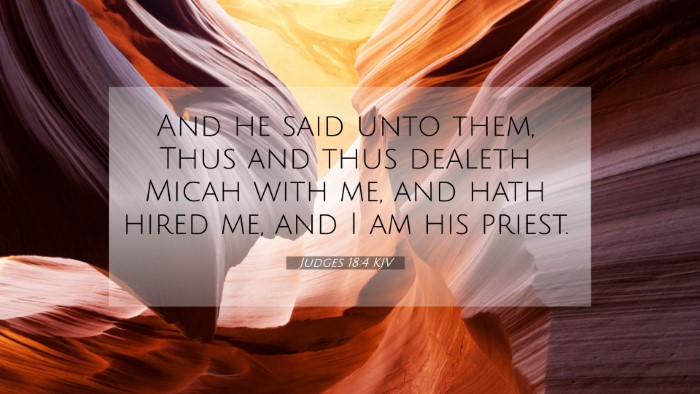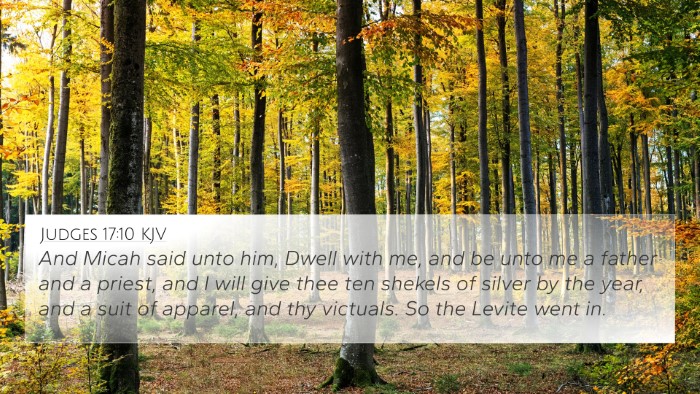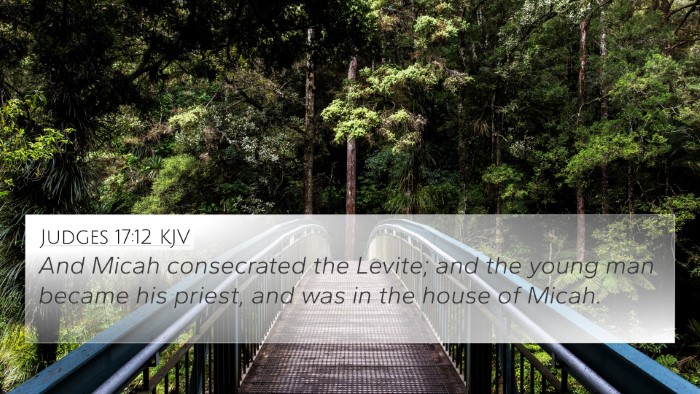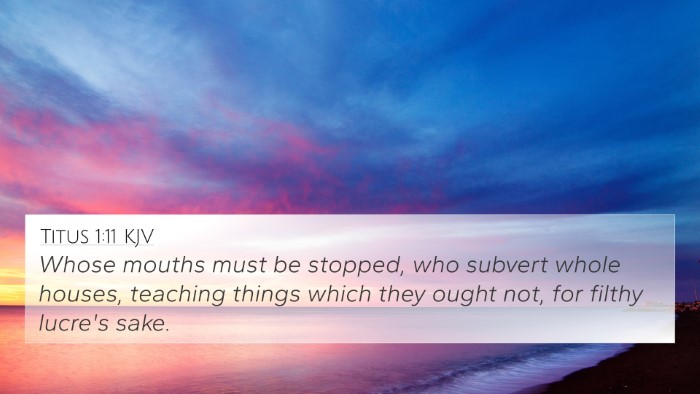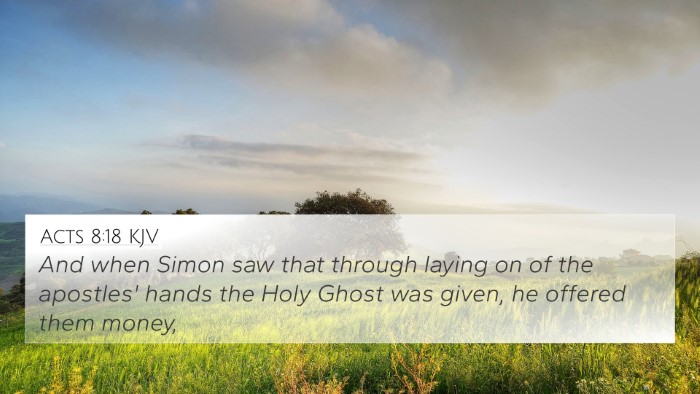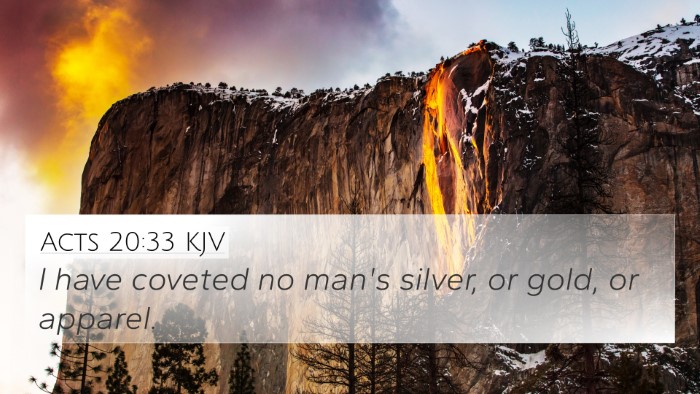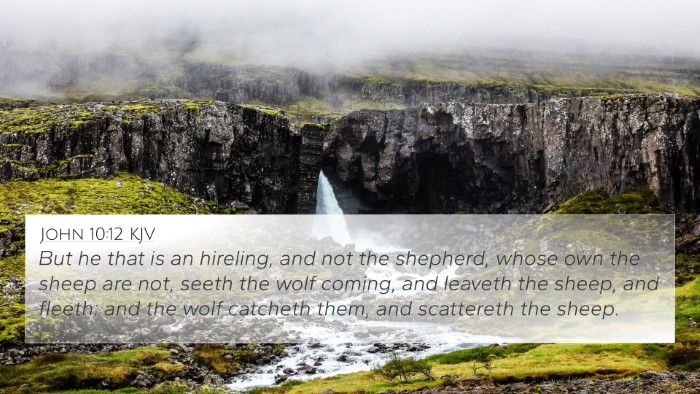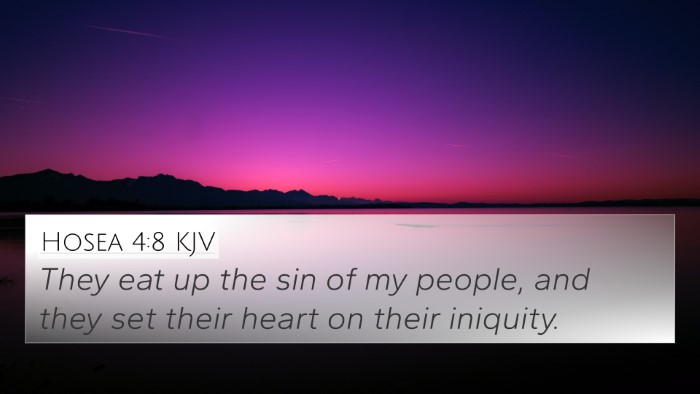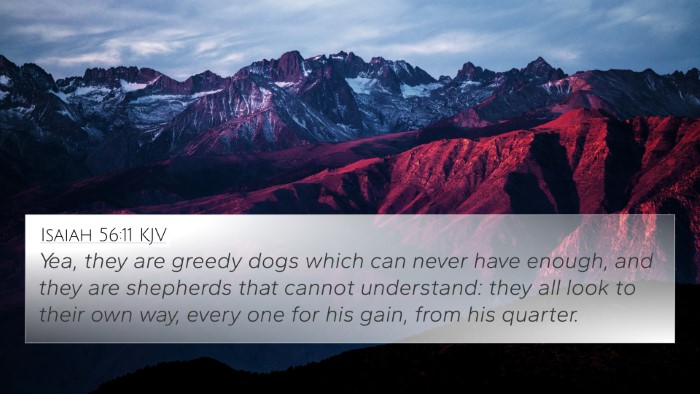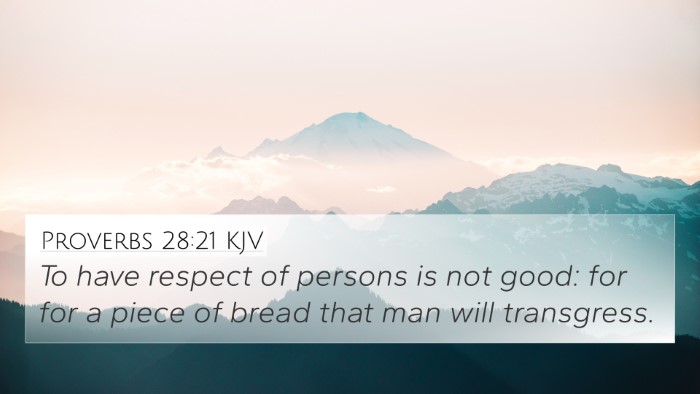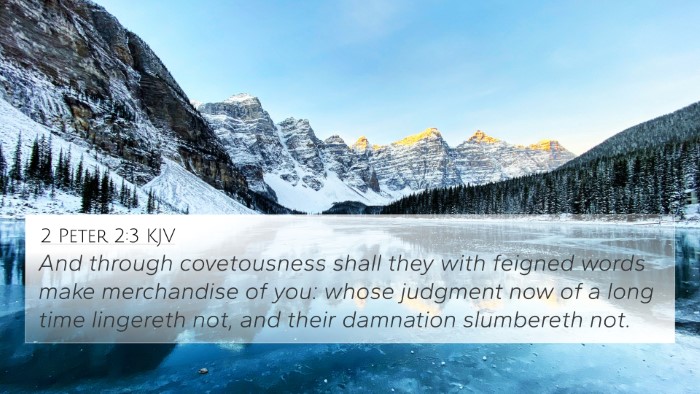Understanding Judges 18:4
Judges 18:4: "And he said unto them, Thus and thus hath Micah dealt with me, and hath hired me, and I am his priest." This verse occurs in the context of the tribe of Dan searching for territory and showcases a pivotal moment in their history.
Context and Background
This verse reflects a time of instability and moral decay in Israel, as emphasized throughout the Book of Judges. The children of Dan were seeking a new place to dwell due to the pressure from the Amorites and other tribes. They encountered Micah's priest, highlighting issues of idolatry and the quest for security in a time of chaos.
Thematic Insights
The encounter of the Danites with Micah’s priest encapsulates several themes:
- Spiritual Misguidance: The situation portrays how personal gain can corrupt spiritual leadership, as Micah "hired" a priest.
- The Danger of Idolatry: Micah’s household idol set a troubling precedent that the Danites were willing to follow.
- Quest for Identity and Security: The Danites' migration for better land symbolizes humanity's enduring search for safety and belonging.
Commentary Analysis
According to various public domain commentaries:
- Matthew Henry: He emphasizes the moral lesson regarding the consequences of abandoning true worship for easier, more accessible forms of spirituality that suit personal desires.
- Albert Barnes: Barnes points out the peculiar nature of the Israelite practice of appointing a personal priest, demonstrating a departure from established religious norms.
- Adam Clarke: Clarke discusses the implications of spiritual integrity, worrying that such individualistic worship was a sign of societal decline.
Cross-References
Judges 18:4 can be connected to several other scripture passages that illuminate its meaning:
- Exodus 20:3-5 - Prohibitions against idolatry
- 1 Samuel 2:12-17 - The corruption of priestly duties
- Judges 17:5-6 - The introduction of personal idols
- Joshua 19:47 - The Danites' struggle for land
- 1 Chronicles 5:16 - The geographic challenges faced by the Danites
- Romans 1:21-23 - The degradation from truth to idolatry
- Jeremiah 10:3-5 - Warnings against idol worship
Conclusion
Judges 18:4 invites readers to reflect on the troubles that arise when individual desires conflict with divine commandments. It shows the complexities of human nature, particularly when it comes to seeking security through avenues that diverge from faithfulness to God.
Understanding Cross-References
For anyone exploring the connections between Bible verses, establishing cross-references can enhance comprehension. By using tools like Bible concordances and cross-reference guides, individuals can effectively identify connections between Old and New Testament teachings.
Employing a Bible cross-reference system allows for a deeper exploration into how various scriptures relate to subjects such as idolatry, leadership, and spiritual integrity.
Additional Resources
- How to use cross-references: Familiarize yourself with Bible reference resources that can facilitate comparative Bible verse analysis.
- Cross-referencing methods: Experiment with various Bible chain references to uncover themes across the scriptures.
- Sermon preparation: Utilize Bible cross-references for sermon preparation to inspire messages rooted in both Old and New Testament teachings.
Reflective Questions
As you study Judges 18:4, consider the following:
- What verses are related to Judges 18:4? Reflect on how idolatry and leadership are treated in other passages.
- How do Micah and the Danites mirror today’s spiritual challenges? Explore ways modern faith can be compromised.
